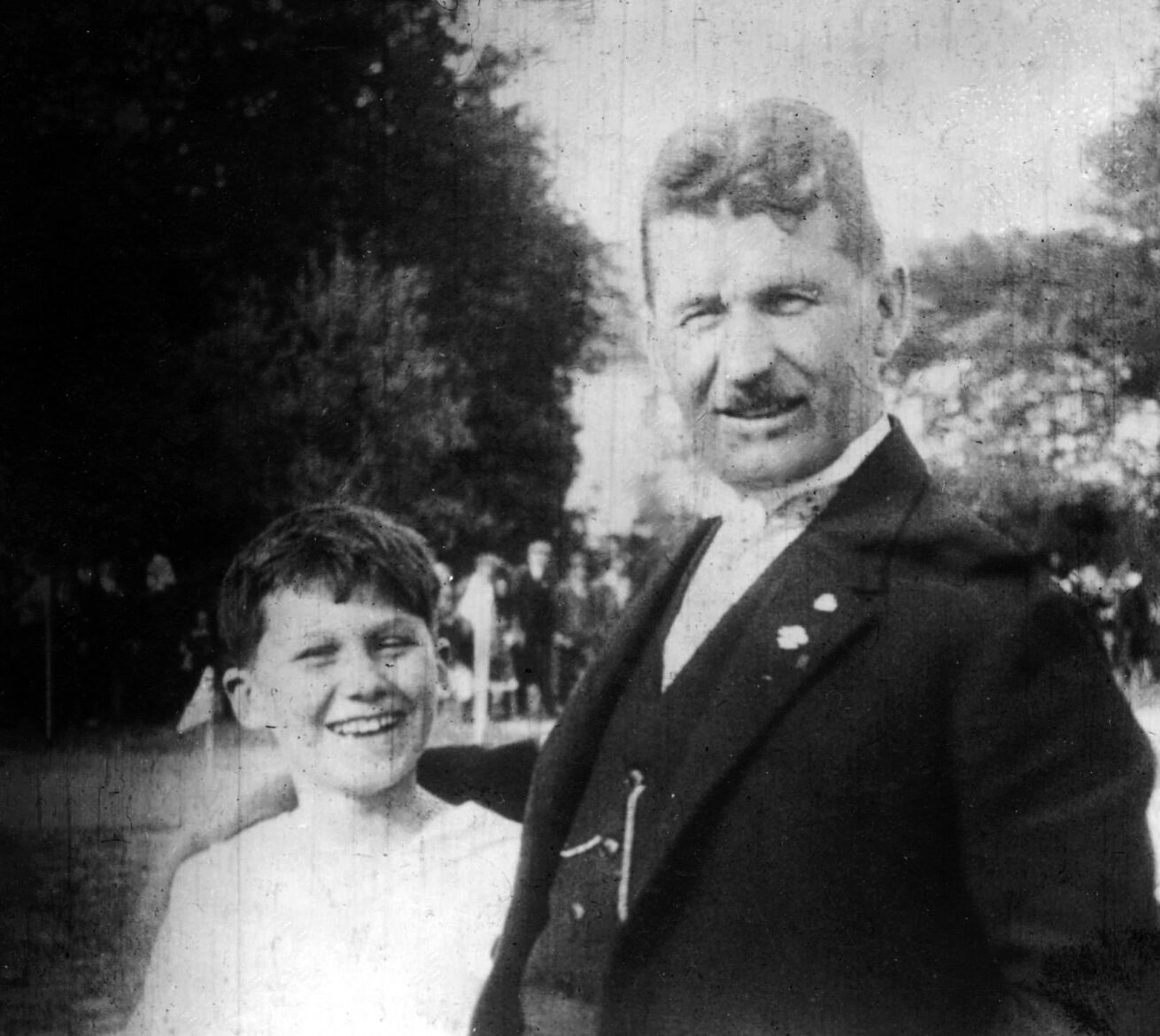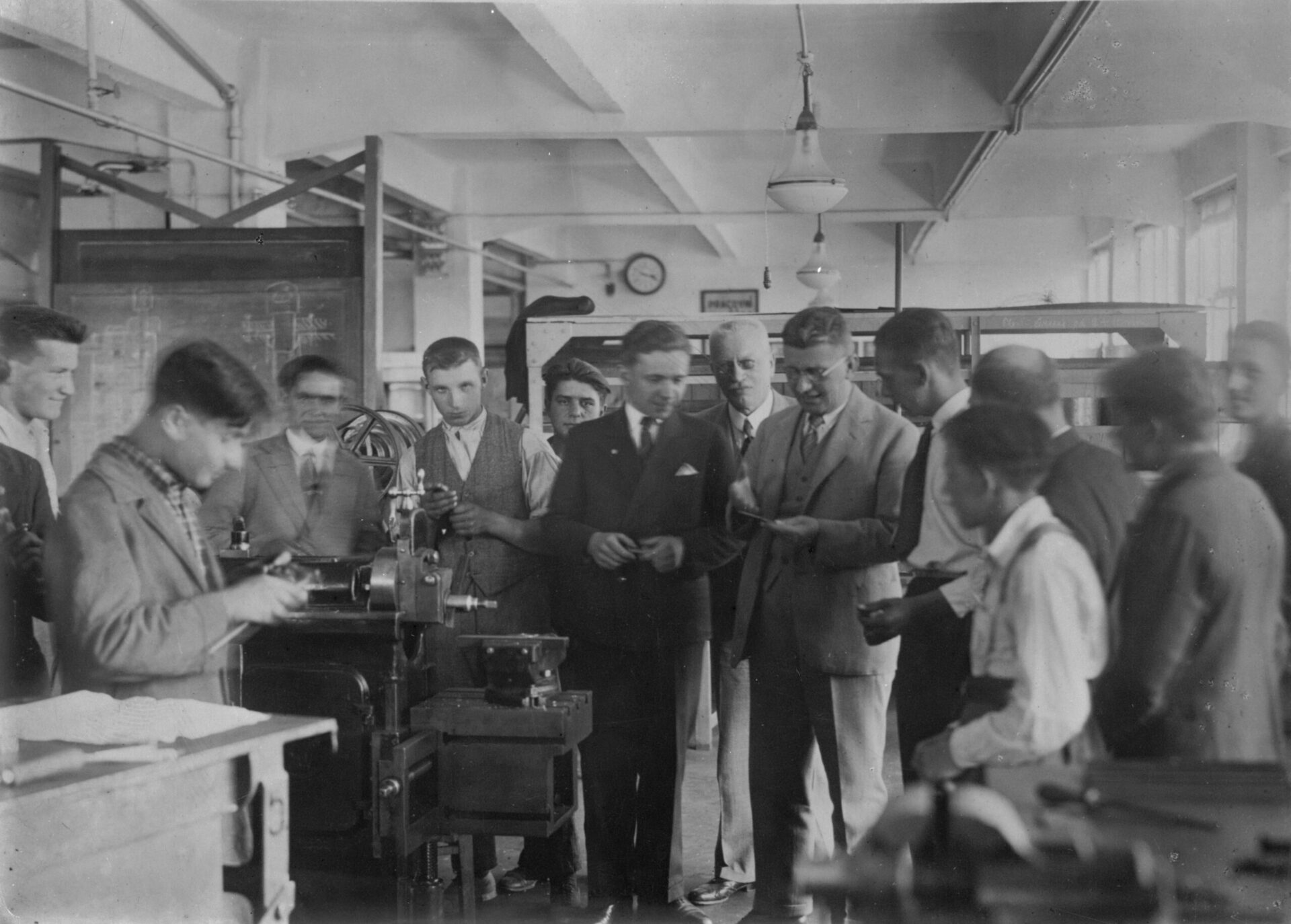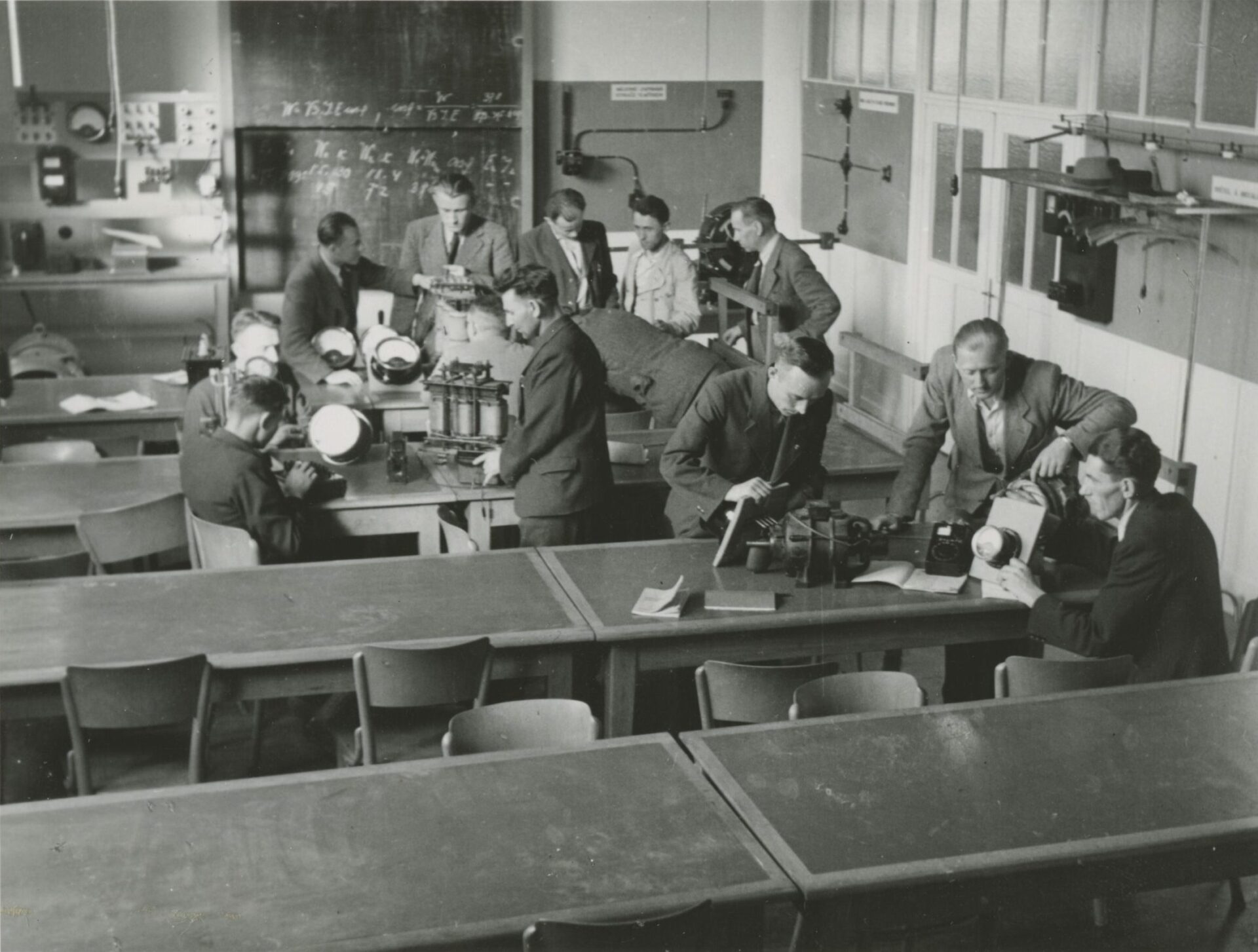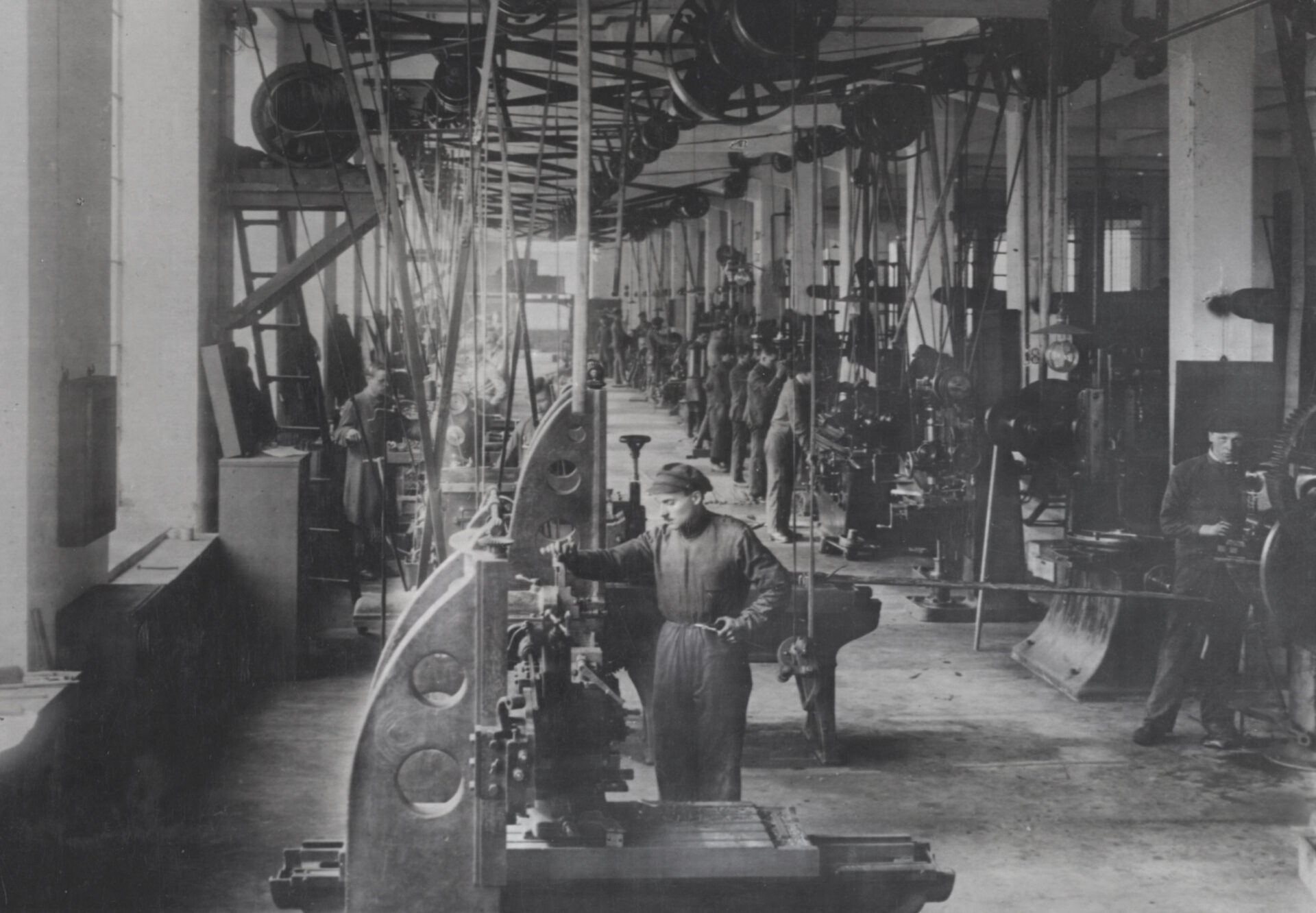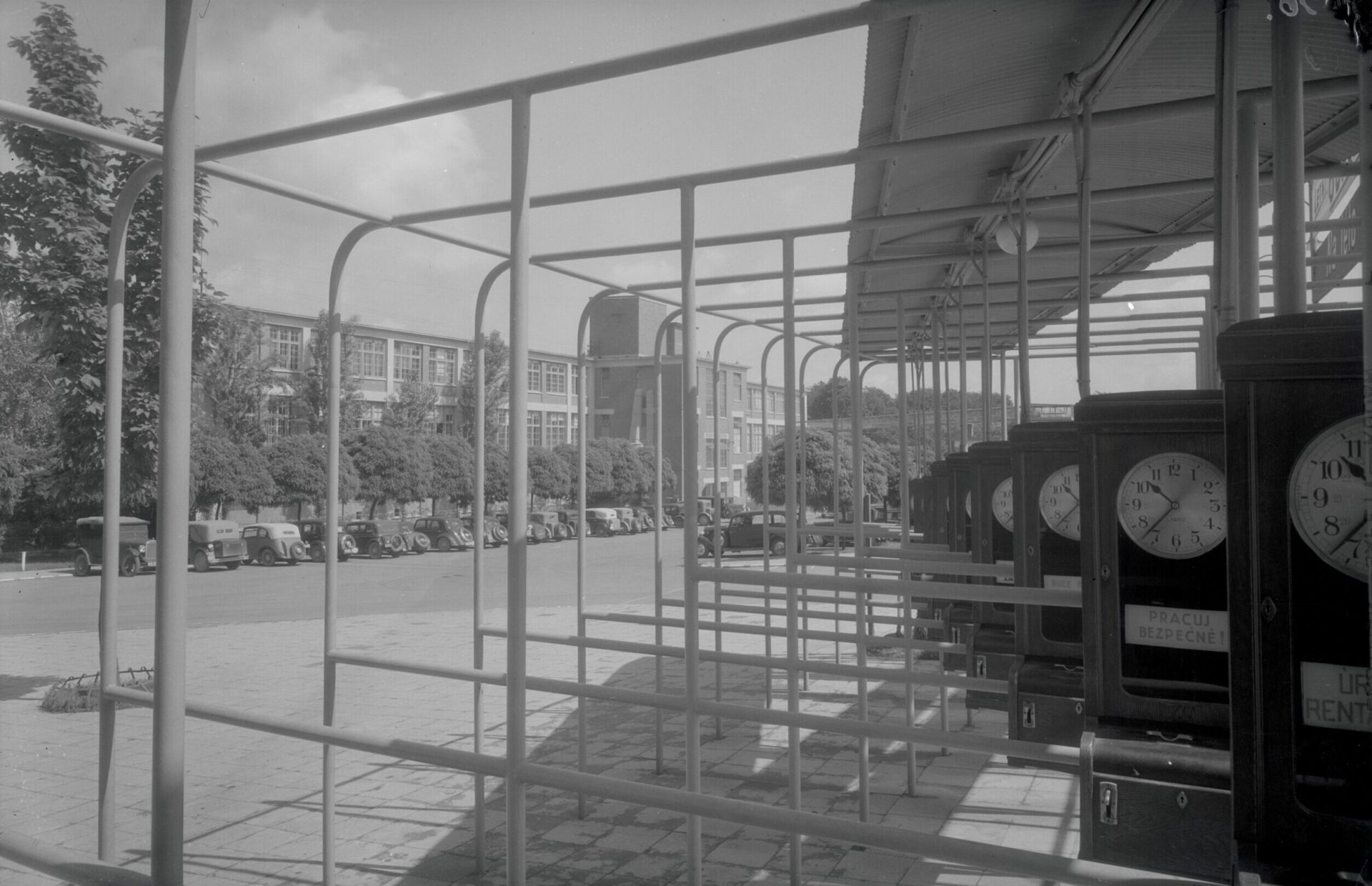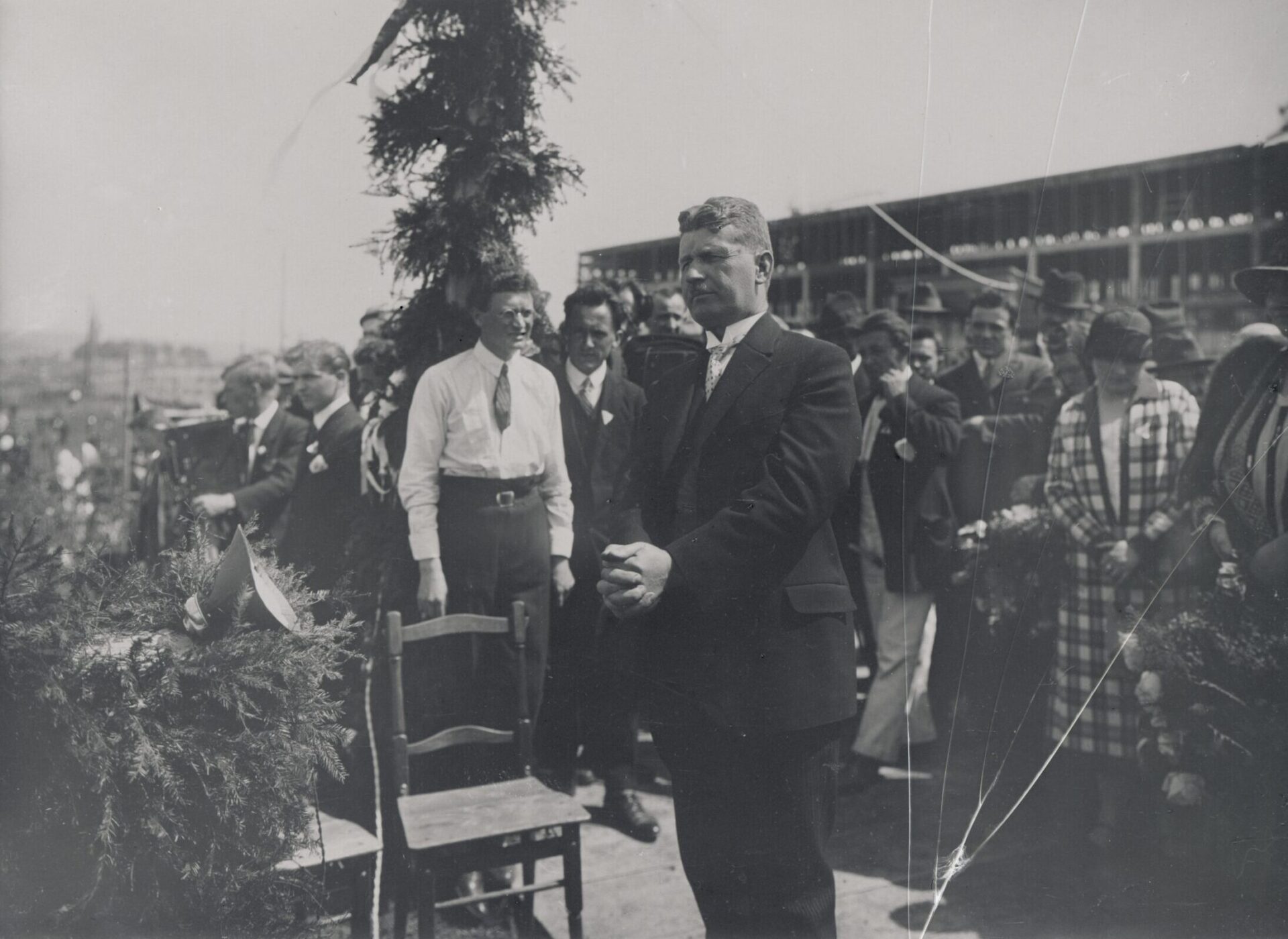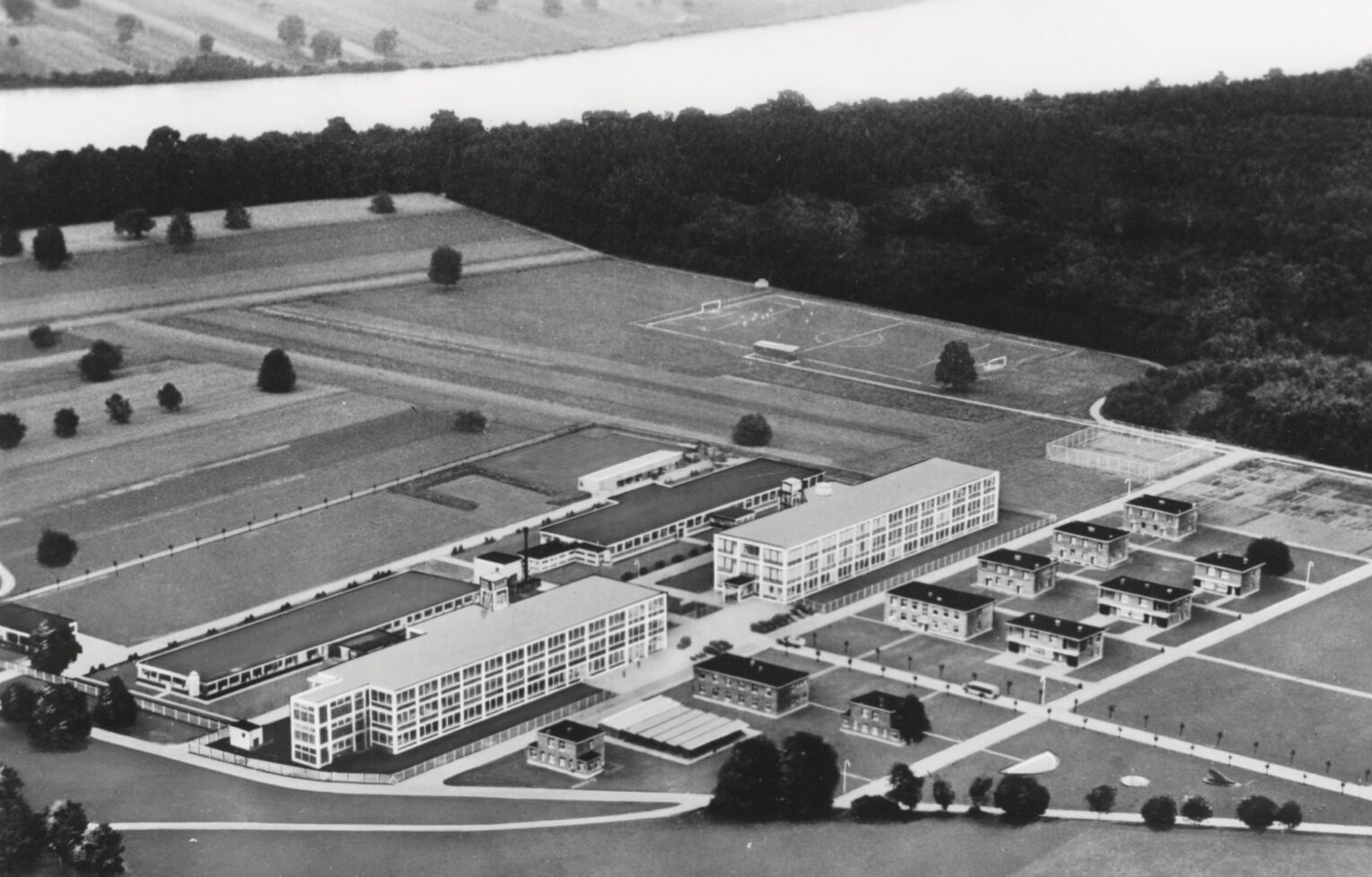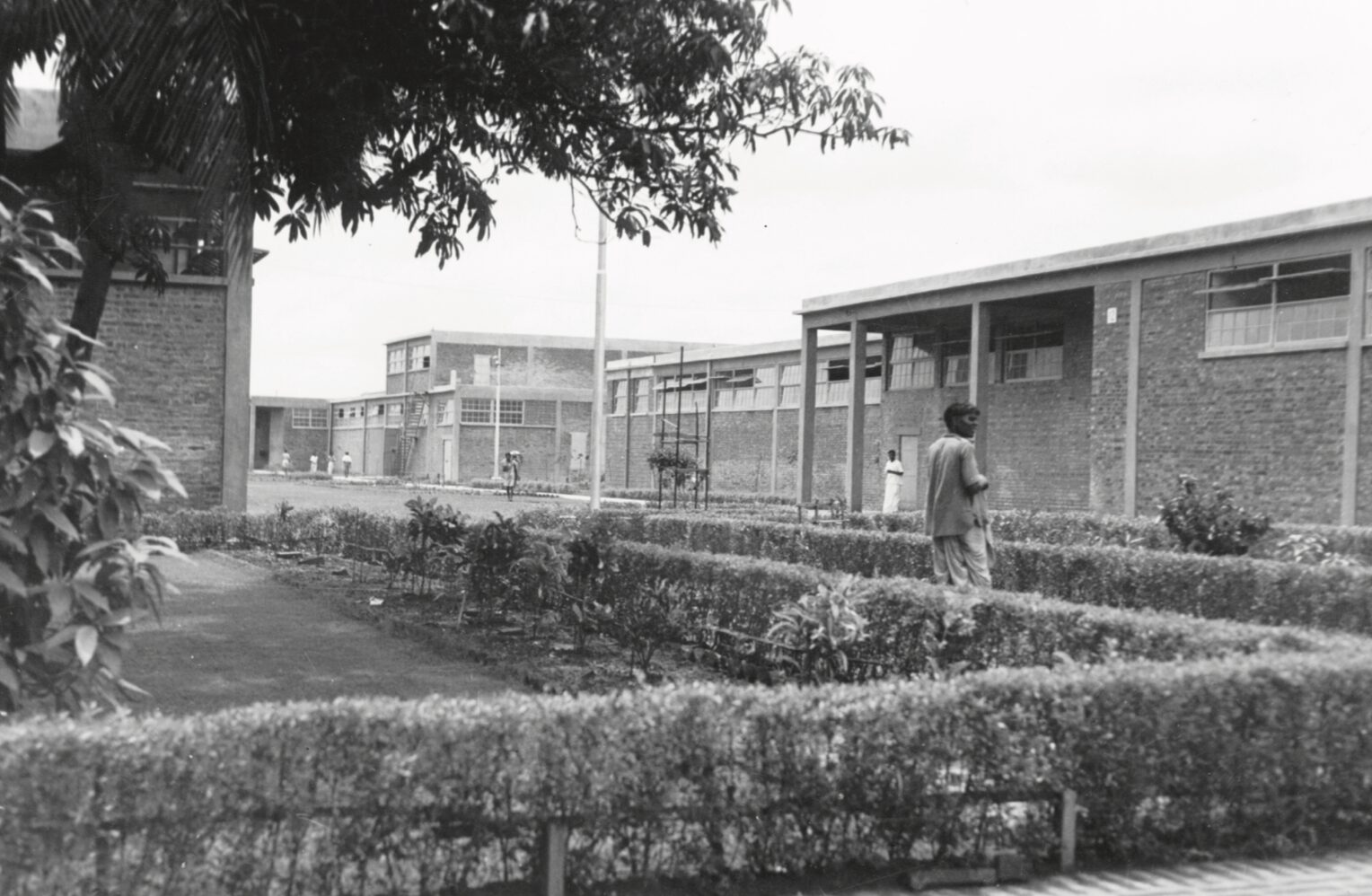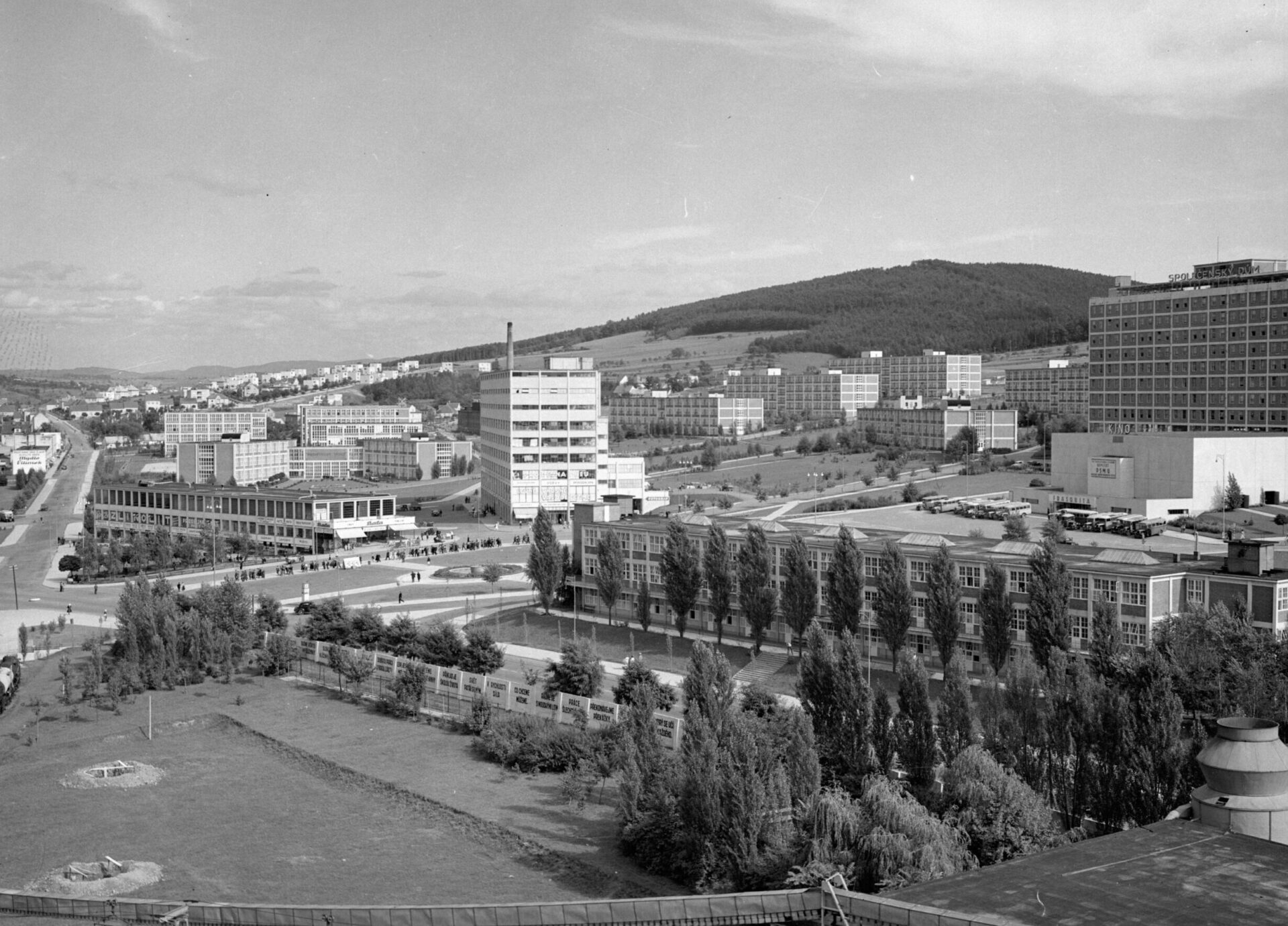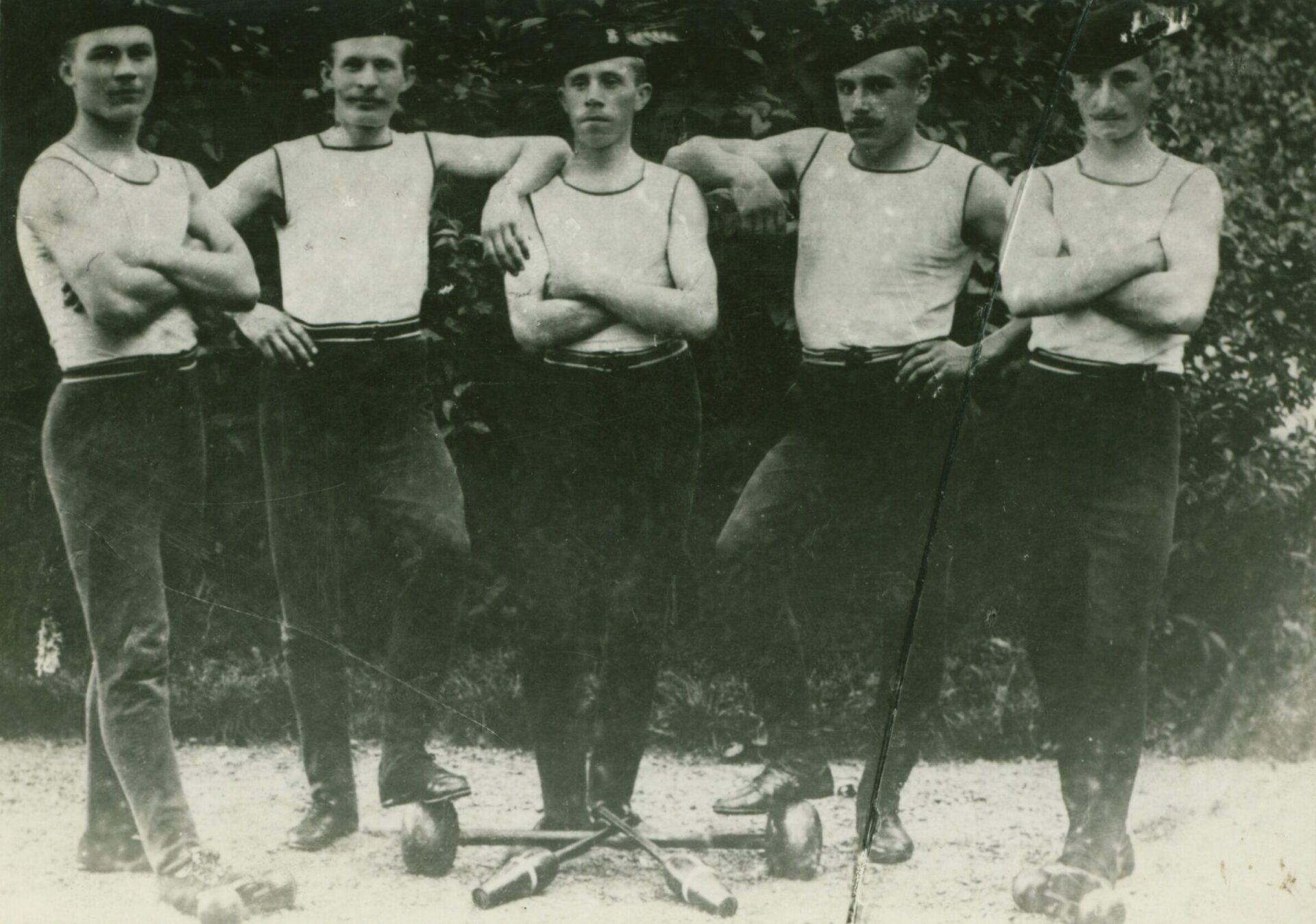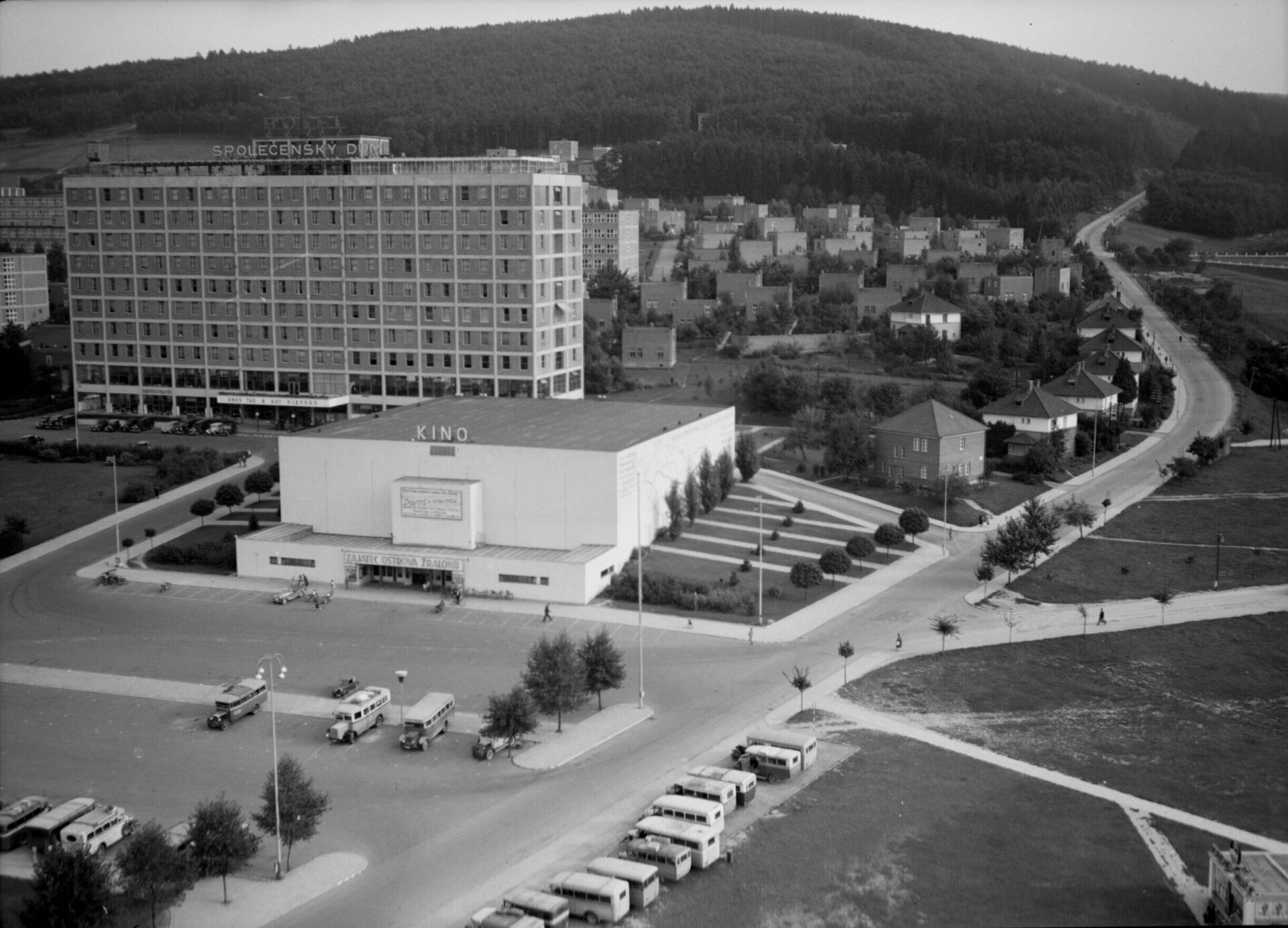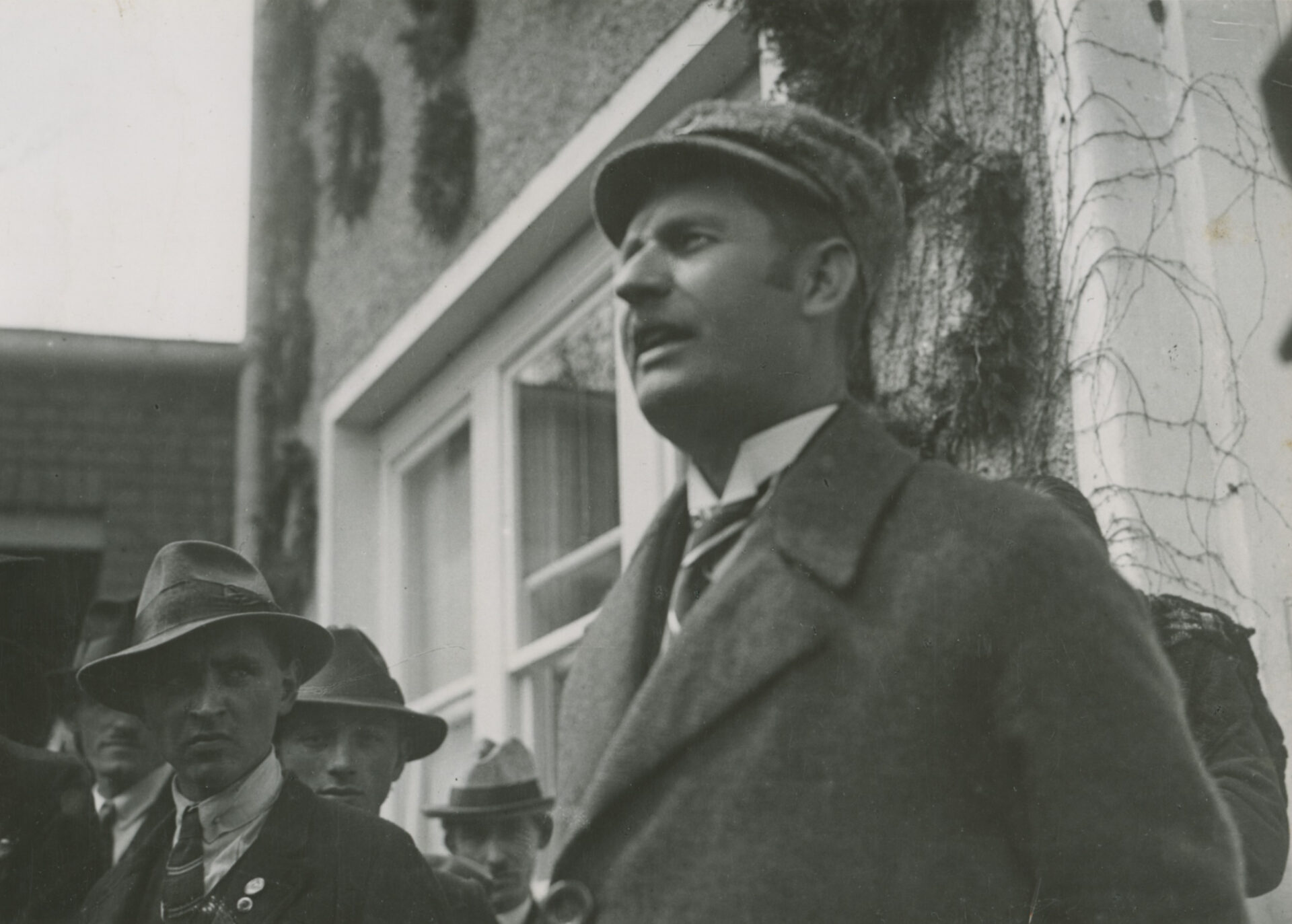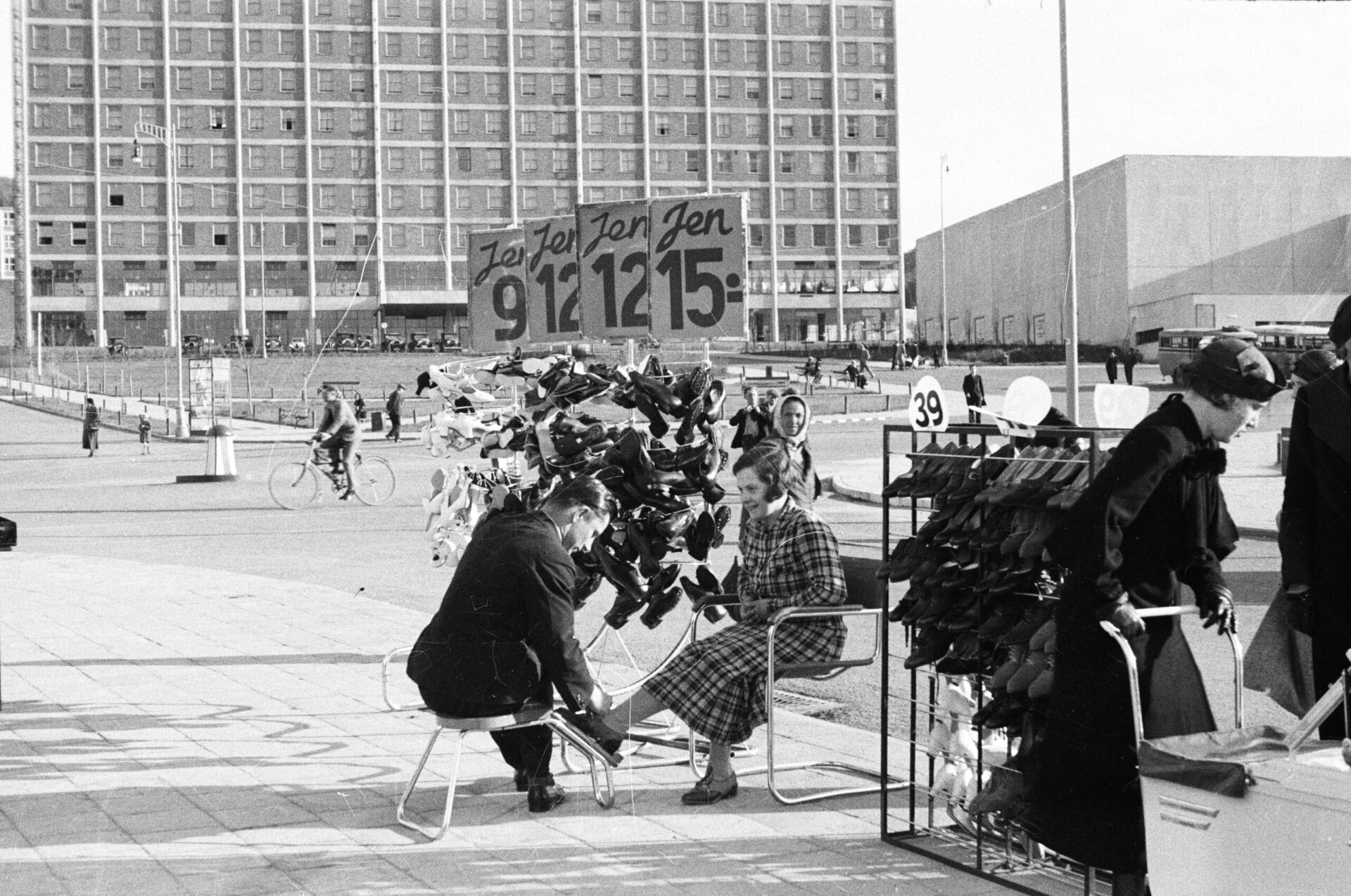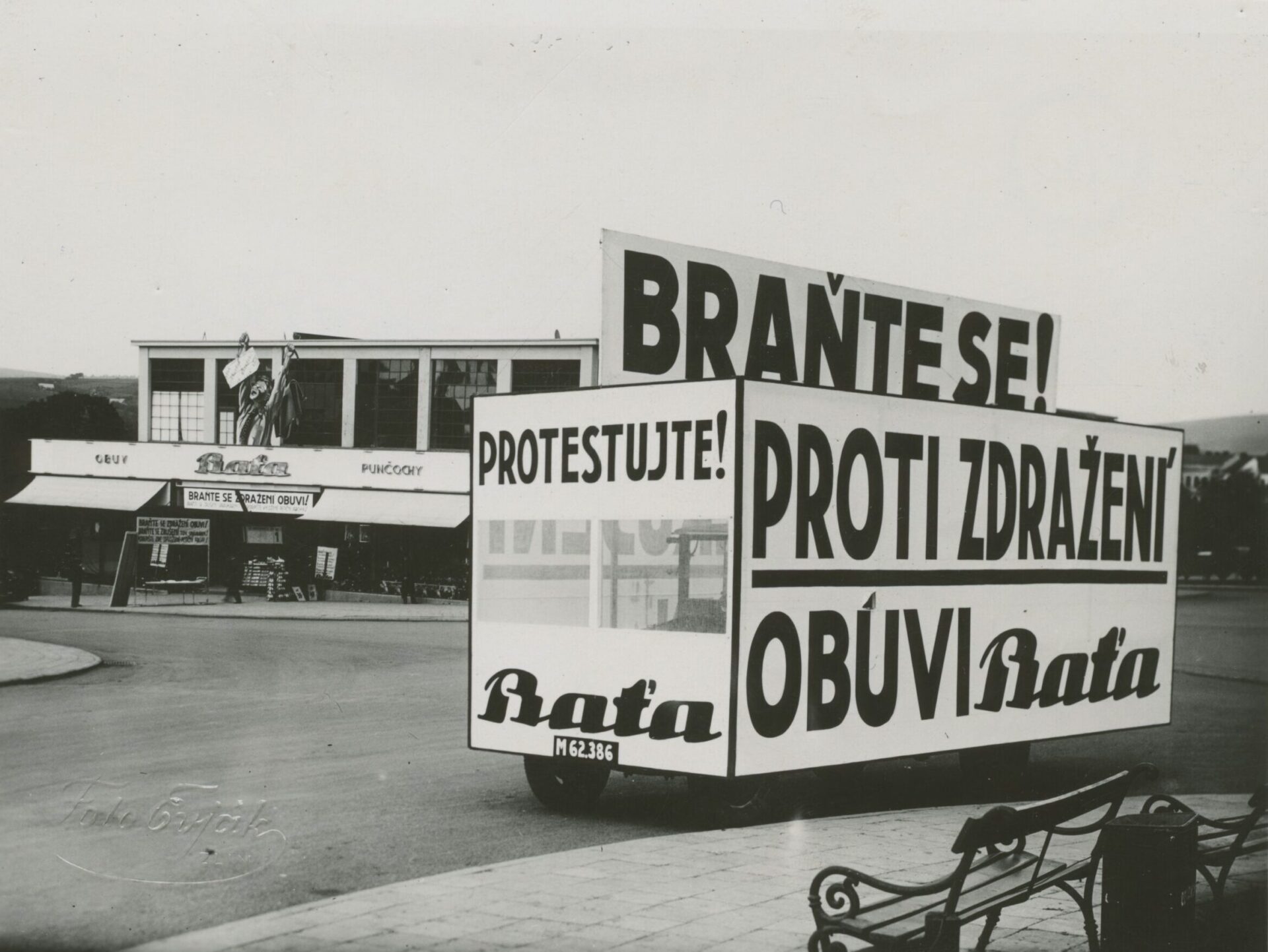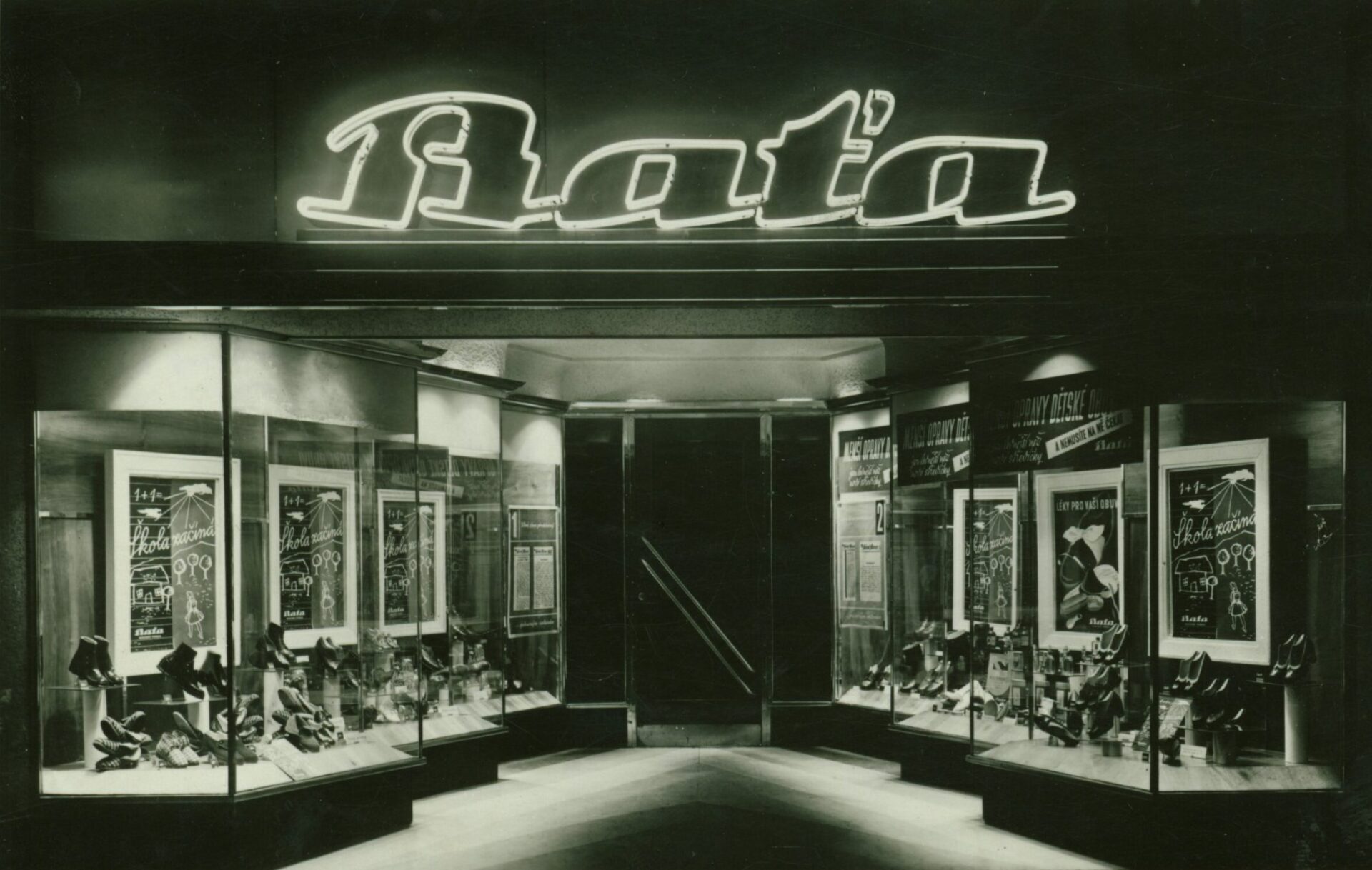The Thomas Bata Foundation
Life is a movement
“Life is movement – immobility is death. What moves lives, what stands still rots”.

How did the Baťa company move society and the world?
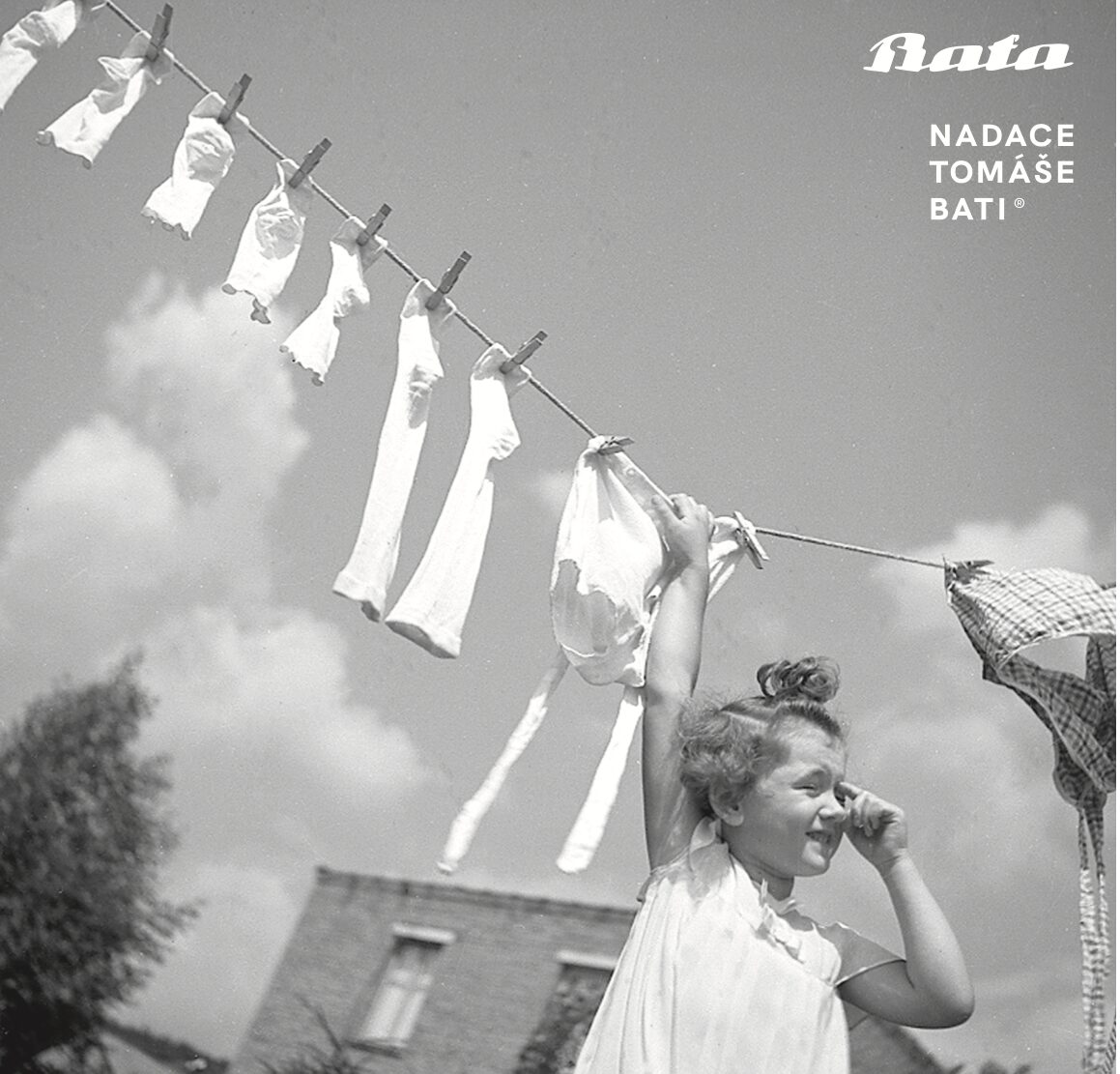
Tomáš Baťa is one of the world`s leading entrepreneurs who managed to change the industry in which they operated. Through the Baťa company, Czechoslovakia became the largest exporter of footwear in the world in 1928, and there are hundreds of firsts that the Baťa company achieved. However, a specific character trait of Tomáš Baťa was his ability to “move” almost anything and anyone who wanted to. Baťa considered human desire to be the strongest driving force in the world. He moved himself, the people around him and the industries in which he worked. His actions and opinions cleared the stagnant waters of politicians, industrialists and academics. His characteristic use of common sense focused not on solving problems but on preventing them.
Tomáš Baťa was fascinated by movement and saw life and forward movement in anything
that moved. He was a friend of machines, business, science, innovation, sport, film, tourism,
construction, travel, children, self-development – in short, everything in which he saw
growth, movement, life.
The Baťa company tried to move its employees through the company press, which focused
on sharing mainly news that could move people to activity. And the news of the Bata press
will also guide you through the exhibition: “Life is Movement”. The Bata philosophy appealed to the fact that information that is not used for action is almost worthless. In the spirit of Bata values, you will find several tips on how to get moving at each panel.
First move yourself and then move others
Personality of Tomáš Baťa
He was able to set himself and his surroundings in motion. He was for many the
personification of life energy and common sense. He himself said, “To run a shoe factory, it is
not important that I am the best shoemaker, it is more important that I am a good
psychologist”.
When Tomáš Baťa is over 20 years old
In his twenties, he learned that if he worked hard at anything, there was bound to be a way
somewhere to complete the activity. He works hard and is performance oriented. He deals
with rejection and other people`s doubts about whether he can succeed.
Don`t be afraid to change industries
In the early days of his business, Tomáš Baťa came up with a revolution in the shoe industry.
Bata shoes become affordable footwear for everyone. The view of footwear, which until
then had been perceived as a symbol of wealth, was changed forever. Footwear became
consumer goods.
“Don`t look for what has already been invented – learn from the best”
Tomáš Baťa looked for inspiration in the world. He visited many domestic and foreign companies in Germany, Great Britain and the United States of America. He tries to focus on what is functional and use it in his business. He learns that he needs to find out how the industry works in the world so that he doesn`t waste time inventing something that has worked elsewhere for a long time.
Surround yourself with the right people
Even at an early age, he doesn`t hesitate to surround himself with the right people. He will keep this approach to work throughout his life. His motto was “All men know all things”. He`s sure he can`t realize his vision alone.
Fair reward
He understands what fair pay is, namely that people need to be paid an adequate wage, but on that basis, he also needs to expect adequate work from his co-workers. He is guided by the idea: “You can only pay people for work that you resell“, or you will face bankruptcy after some time.
When Tomáš Baťa is over 30 years old
Work will not embrace you
When Baťa is just over thirty years old, he is deeply affected by the death of his brother
Antonín. At this time, he reflects on his new situation, namely how it is that he is doing well professionally and yet does not feel happy. His personality begins to change, and he becomes more aware of the importance of having functioning relationships and trust in people.
The system is the solution
It focuses on a systemic approach to work. He realized that the system could replace him in everyday functioning. His goal was for people to know what to do and how to do it without having to be reminded and explained to them every day.
Eliminating dependency
Gradually, he began to focus on independence in production, setting up auxiliary production to avoid dependence on external suppliers.
When Tomáš Baťa is over 40 years old
What affects work performance?
He began to take a closer look at what is the condition for higher job performance. He realized that one needs a healthy body and mind, as well as a sense of mental well-being. He starts from developing the living conditions of co-workers – housing, food, health care.
Sharing and awareness
He is aware of the need for awareness among his co-workers. Through the press, he began to regularly share his thoughts and excerpts from books that inspired him.
Self-knowledge
He actively engages in activities through which he begins to know himself more. He takes the
motto: „Build yourself first“ even more deeply to heart. He starts taking regular walks, watches his energy sources and focuses on the quality of his sleep. He wanted to set a personal example, not just on the work front.
When Tomáš Baťa is over 50 years old
At the age of fifty, Baťa understood that it is quite normal that not everything in life goes according to plan, but that it is important not to give up and not to stop trying.
Trying to understand the human soul
“If you want to run a shoe factory, it`s not important to be the best shoemaker, it`s important to be a good psychologist“. Many activities are being introduced at the Baťa company to lead to an understanding of how the human mind and soul work. The position of personal officer is being created. Tomáš Baťa is convinced that, “The customer can tell whether a shoe has been made by a satisfied or an unsatisfied co-worker”.
Development of communication
“The most important thing for running a business is that people get along and understand each other“. Tomáš Baťa knew how important it was that his ideas were understood and interpreted in the right way. He also said that „A word can be the key to the heart, or can build an impregnable wall in a man`s mind”.
Know how to apologise
“Why didn`t anyone tell me that apologizing was such a great tool for managing people and building relationships?”
Getting co-workers moving
„I didn`t build a business. I built a man, and he built a business”.

Tomáš Baťa was of the opinion that in every person there is a creative spirit, which is more important to the company`s activity than any technical knowledge. The company culture led the employees to develop self-esteem and a healthy perception of themselves. The psychological health of co-workers also became a prominent theme. Since the 1920s, there has been a growing number of articles in the company press that guide co-workers toward self-development.
The primary goal of the corporate culture was to get individuals to accept personal responsibility for:
- way of thinking
- attitude to work
- life attitudes
- way of life and family
- self-perception
- company contribution

Eternal youth is not related to age
“Youth is not a time and age, it is a state of mind. It is not fresh cheeks, rosy lips, and a light step, it is elasticity of will, a flight of fancy, and a delicate step and strength of feeling”.
(1929)
The influence of thoughts on old age
“Thoughts form the shape of our body. Surely, we know that happy and cheerful thoughts also make our body youthful and good looking. If you get used to thinking of old age, you will be old; if you remain young in thought, old age has no chance”.
(1927)
The duty of life
“Strive to be happy, healthy and strong. You can do no more for your family, for your loved ones, than you can be happy with yourself and the world. To be happy is our highest duty”.
(1922)
What you can do for others
“The best way to start each day is like this: let us think when we wake up whether we can make even just one person happy”.
(1927)
Decide for yourself who you want to be
Who is wise? – The one who learns from everyone.
Who is strong? – The one who overcomes himself.
Who is rich? – The one who rejoices in what he has.
Who is honest? – The one who honours men.
(1926)
The importance of family in life
“Do not overlook your loved ones in your household, beware that family is as necessary to your happiness as you are to your family, be a blessing to your family. You are to brighten the lives of your loved ones.”
(1927)
Rule 8-8-8
“Seek life balance. Eight hours of sleep – eight hours of work – eight hours of rest”.
(1923)
WILL YOU MOVE YOURSELVES ACCORDING TO BATA PRINCIPLES?
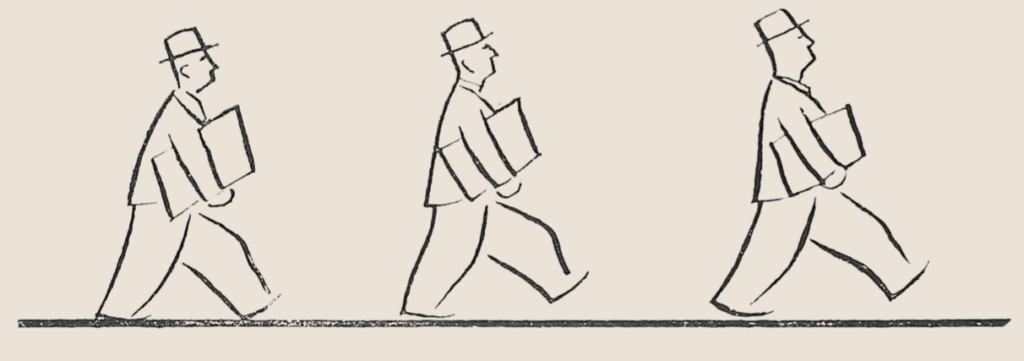
Dynamics of corporate culture
Within the framework of life in the factory, the Baťa company demanded that every employee works on his or her development, not only professionally but also personally.
“I want happy people to work in our plant. A happy person is free, which means rich and educated”.

It was essential for the Baťa company that the company culture develops the whole person. In 1929, Tomáš Baťa said, “It doesn’t matter if you make shoes, canned food or cars. Besides products, every factory produces culture. It must strive to be of the highest quality. The culture of the company will be the culture of the society”.
Decency, morality and cultivation of the environment became the basis of the company culture.

Family spirit in the factory
“Let’s bring the spirit of family into the factory. The family is a place where one rejoices in the joy of another. People in the family feel for each other. This family spirit is also gaining strength in our factory, because our whole principle of “Public Service!” is based on it”.
(1927)
Literary Patrol
In 1918, the company established a “literary patrol”, bringing together co-workers who were avid readers to create short reviews of useful literary titles for their colleagues and get them excited about reading. Their reviews were published in the company press and discussed
in the debate circles that the company ran as a way of education.
(1918)
Call for order
Order means:
– knowledge
– punctuality
– respect
– treating people decently
– relationship to the things we use every day
“Order is the condition of success – order is power”.
(1920)
The art of thinking economically
Financial literacy was a basic educational topic at the Baťa company.
“Those who cannot manage their own finances will hardly manage those entrusted to them”.
Tomáš Baťa
Personal plans
Co-workers at the Baťa company drew up their personal development plans for each year. The plan included, among other things, a list of:
– books you plan to read
– the courses you want to take
– places you plan to visit
– things you want to invest in
– amount of savings
– sports activities
– and many more
The co-workers of the company tried to plan a year of life so that they would not forget the essentials in life, namely, that the places you were supposed to visit with family, the books you were supposed to share with friends, the financial savings were supposed to give you peace of mind.
(1928)
Personal example
Only people who, in addition to their work performance, also showed a high level of personal qualities were allowed to take up a management position in the company. The opinion of Tomáš Baťa was that no one would form a relationship with his superior because of his work performance, but because of his personality.
(1922)
Being proactive according to Elbert Hubbard
“The world has prepared a great reward for everyone, both in prominence of position, but only for one thing. And that is initiative. What is initiative? I’ll tell you. It’s doing the right thing without being prompted. The closest we come to doing the right thing is doing it once someone has told us about it.”
(1927)
(Note: The Baťa company also widely shared the ideas of inspiring personalities in the company press. This was an attempt to make the employees understand that what is a value in Zlín is also a value in the world. The company culture was enriched with world-class ideas. The goal was to get people interested in reading world literature.)
Life in the factory
The factory environment shaped people’s attitudes to work, education and the setting of life values. Tomáš Baťa believed that it should be a transparent, easy to understand and constantly evolving environment. The working atmosphere carried a vibrant charge towards action, work performance and acceptance of personal responsibility.
“A man in a factory must not be a slave or a robot, this must be demanded”.

The purpose of our industry and trade is:
– to produce the necessary goods or provide the necessary services in sufficient quantities.
– to serve consumers on time with good quality and at a moderate price.
– to produce and expand human happiness.
(1930)

Personal responsibility
“We don’t tell any of our people that we will think for them, that we will help them,
by giving him something, because the only thing we can do with the gift of money is to make a person start relying on gifts and not on himself”.
(1928)
Wage cuts
“The employer who first reduces the wages of labour is the enemy of labour, but the employer who last reduces the wages of labour is the best friend of labour”.
(1919)
The essence of progress
“Progress depends not on how much new stuff comes in, but on how much old stuff we let go”.
(1922)
The impact of research
“Research contains the joyful feeling of finding what can’t be learned from books”.
(1927)
Use your phones
“Whenever you have the opportunity, use the telephone to deal with matters. Save your time and the other person’s time. Modern tools must be fully exploited”.
(1926)
Cleanliness in the factory
“Cleanliness and order are the two fundamental pillars on which the smooth running of the factory, the peaceful interaction of people and the success of all are based!”
(1928)
Neatness
“It is the duty of every co-worker to come to the factory properly groomed. It is his personal calling card as well as the calling card of the factory itself. Tasteful clothing will promote your good mood and self-confidence. Take the time to groom your appearance”.
(1923)
A man can, if he wants to
“A person working in our factory can learn foreign languages. He can learn anything he likes. He can listen to music every day, play sports, read books or magazines. He can find all the aids to mental and physical refreshment and not spend a penny”.
(1928)
Happiness
Tomáš Baťa: “Two things are our greatest gifts: the ability to work and the desire to work. If we have both, we are strong, we do well in all times, under all regimes, in all circumstances. And if everything around fails and staggers, he who has not lost the ability and the will
to work, standing firm”.
(1931)
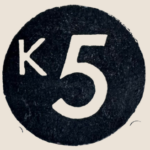
Inspiration for business
The phenomenon called Baťa was developed and created on the basis of overcoming obstacles and seizing opportunities. Not only Tomáš Baťa, but also his co-workers had to sacrifice a lot and trust a lot. The goal was to do more than just build a successful company, not only for himself, but also for his co-workers, the city and society. Between 1894 and 1945, the foundations of socially responsible business and increasing shared values were laid.
The example of the Baťa company also inspired other entrepreneurs and tradesmen to start developing their own activities. Many tips on how to be successful in business were shared by the company in the magazine Pioneer of Successful Business.
“The entrepreneur is called upon to distribute the profits derived from the progress of production fairly and immediately among associates, customers and plants. The plant must serve the public”.

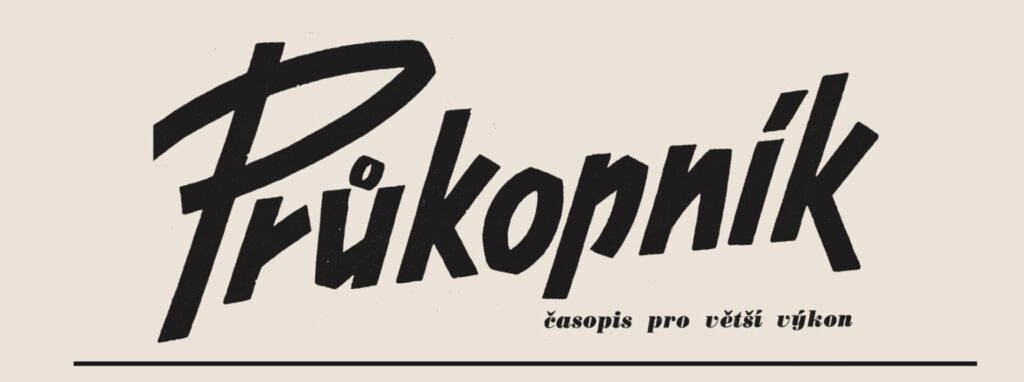
To want to serve!
“No business and no person is rich enough to sustain a business that is not built on customer service. Many people misinterpret service. They think it means a loss-making and unprofitable business. This is a mistake. It is the business built on the basis of service that is the most stable and profitable source of income, for service and profit are twin to twin”.
(1928)
Planning is the key
“None of us has the right to lament the failure of those who have not even taken the trouble to fully realize their economic goal, to set their economic plan, and who are unwilling to follow the plan”.
Tomáš Baťa
Perfect morality
“Industry must sooner or later realize that the greater harmony and common goal of all concerned is a psychological and economic condition that is perfectly moral”.
(1929)
The task of the entrepreneur
“I want to get not only your hands but your heart for the work, because work without heart gives half the results and hardly half the wages”.
Tomáš Baťa
An entrepreneur must have courage
“There are only two obstacles on the road to successful self-development. Really only two. FEAR and LAZINESS. Do you really want to condition your success in life on just two obstacles?”
(1932)
I DON’T KNOW – I CAN’T – I’M NOT ABLE TO
“All the crises together have not done as much damage as these three words. These words destroy the trust of the boss in the employee, as well as the trust of the customer in the company. It destroys cooperation between employees and between companies, yet it is found in all industries and at all levels. These words are the biggest obstacle standing in the way of individual and company success. They should not be in dictionaries at all. All three of these words can be replaced by a single one: WANT”. (1930)

Into the world
Already in 1928, the Baťa company was the largest exporter of footwear in the world. However, this fact did not only bring positive effects, but also negative ones. Many countries, in an effort to protect their own shoe production from the expansion of cheap shoes from Baťa, banned their import. If the company could not export finished products, it began to export entire factories.
Concepts for the growth of entire cities were subsequently exported. The Bata-style dimension of 6.15 m by 6.15 m and the appearance of factory buildings and employee houses was maintained. In addition to the architecture, the production system, the organisation of work and the lifestyle of the company’s employees were also exported. The company culture also held that it was important to get to know other cultures and learn the best from them – in short, to enrich one’s own worldview.
Bata cities in Europe:
1931 – Otmet (Ottmuth, Poland)
1932 – Borovo (Croatia)
1932 – Möhlin (Switzerland)
1932 – Chelmek (Poland)
1932 – Hellocourt (France)
1933 – Tilbury (England)
1934 – Best (Netherlands)
1937 – Vernon (France)
1941 – Martfü (Hungary)
Bata cities in the world:
1931 – Konagar (India)
1934 – Batanagar (India)
1938 – Alexandria (Egypt)
1938 – Batavia – Kalibata (Java)
1939 – Belcamp (USA)
1939 – Batawa (Canada)
1941 – Batatuba (Brazil)
1944 – Mariapolis (Brazil)
1953 – Bataypora (Brazil)
1954 – Bataguassu (Brazil)

MADE IN CZECHOSLOVAKIA
“Made in Czechoslovakia – the brand name that appears on our shoes is a commitment to us. Our commitment is to make sure that our products are of the highest quality. Any imperfection will be a bad sign not only of our factory, but of our nation, and we cannot allow that”.
(1927)
Language skills
“In our experience, we have found that an intensive six-month course in a foreign language is sufficient to start working abroad”.
(1932)
Export School
“Foreign work requires more than just knowledge, it requires commitment and determination. But without knowledge, working abroad is very difficult. It is necessary to prepare yourself in all aspects and that is why we have decided to offer individual export courses in a school with the same name”.
(Note: The Export School was founded in 1929 to address an acute business need
of the Baťa company to have professionally prepared employees to work abroad. The length of study at the Export School was two years. Foreign languages were taught here to a large extent. Students gained knowledge of cultural and social differences of the target countries where they were to work. The students of the Export School were mostly highly qualified professionals who were expected to be able to develop factory and business activities abroad and to hold several jobs at the same time.)
Study trips
On Sunday morning, 44 Baťa employees went on a study trip to Berlin, Zurich and Paris to learn about the management of department stores, the spirit of entrepreneurship and the characteristics of nations, and to get a glimpse of the environment from which all business life springs.
(1925)
Don’t be afraid of novelty
“When visiting foreign countries, don’t insist on dumplings with pork. Don’t be afraid to taste the local cuisine, get to know each country with all your senses, only then can you understand it better. Don’t compare our customs with theirs. Each country offers the best of itself. Do not judge, observe, learn and enrich”.
(1930)
Baťa shoemaker
“When I arrived in Sarajevo, I first explored the city centre. The foreign language spoken there was Croatian. I thought I was alone in the world from the whole of Czechoslovakia. Everything seemed so foreign to me. One time I went in a different direction and right at the entrance to the street I saw “Bata shoemaker”. I didn’t look anywhere anymore and ran towards it. And lo and behold, a beautiful shop window and a nice decoration. Baťa shoe stores. I was no longer alone. I first looked up the type 2963 I was working on in master Hradil’s workshop. These shoes were worth 130 dinars, which corresponded to their quality. I was about to leave when I heard behind me “… I think a Czech, since she knows the Baťa sign.“ I look back and a lady says to me “Miss, are you Czech?” “I am”, I reply. We immediately shook hands, and for a great while we enjoyed the Baťa store, and now we meet regularly. That’s how the Baťa store in a foreign country brings people together. Good luck to the Baťa company and greetings from Máňa Garguláková”.
(1925)
Life in the community
“Working together – living individually”.

Already in 1912-1913, the Baťa company implemented the first family housing project in Zlín, which became an example of housing for employees. In 1923, Tomáš Baťa became the mayor of Zlín, which contributed to the unified concept of running the city and the factory at the same time. It was during this period that the first regulatory plan was formulated by the young architect Gahura, which became the inspiration for the direction of Zlín’s urbanisation for the following years. The factory residential districts already had a characteristic appearance at first sight. The projects also included the transformation of Zlín into a garden city. The same attention was paid to the factory grounds, which were to act as part of a large garden.
Tomáš Baťa was of the opinion that every family needs sufficient living space for its proper functioning and happy life. He himself said: “Each family must live its own life, one must not disturb the other in its intimacy”. Individual living was typical of family living, while it was desirable for young and single people to live together, and strictly same-sex accommodation for the young was commonplace.

Poor children
“A child can be called poor, if the child has nothing to do, who is always asking what it can do, and gets only for an answer: sit, lie, play, etc. The child has plenty of toys, perhaps even a maid, but no friends who would at least make the play happier. Toys, comforts and luxuries do not make children happy. What a child needs is constant contact with its parents”.
(1928)
Nice life
“The industrial city hides one treachery – anonymity. Don’t forget social life, we don’t just mean social parties and banquets, we mean ordinary life with neighbours, friends, people with the same interests. Form relationships in the city and you will live better”.
(1928)
The importance of space
“Nothing big can grow in a small space. A man oppressed by the apartment is oppressed in spirit, and before he is free from this unfortunate influence for good, his good opportunities are gone. In order to develop properly, in order to renew the energy expended in work, man needs a comfortable home”.
(1931)
Adaptation of dwellings
“The character of a man is easily known by the manner in which he arranges his dwelling”.
(1927)
Competitions for the best interior and exterior design of the house
Baťa employees had the opportunity to enter the competition for the most tasteful interior and exterior of the house. The evaluation did not take into account the price of the equipment, but its tastefulness and functionality.
(1928)
Involvement of city residents in elections
People in Zlín could actively participate in the electoral programme of the Baťa company in 1927. The company invited the citizens of the city to define what they need to address.
(1927)
What kind of women do we need?
“Zlín needs women who are confident, ambitious, intelligent, modest and dedicated. The way these qualities are nurtured only on factory shop floors, sports fields and gymnasiums. Only the strong woman, the one who has learned by her own work and practice to appreciate strength, will appreciate it in her husband and seek her joy and her happiness in the rise of her family, her races and her city. A woman’s strength is based on a sound spirit that leads to agreement. And this strength must be arrived at in the same way that reason must be arrived at: by one’s own labour amid the struggles and contests of the athletic fields and gymnasiums”.
(1933)

Knowledge is power
Tomáš Baťa valued education highly, especially practical training and language skills. According to the Baťa philosophy, the company could only be developed by a person who was as well-educated as possible. Especially language skills gave a person freedom and almost unlimited possibilities to start working at any Bata branch in the world. Great influence was also seen in science and innovation. The company’s goal became the improvement of machines that could replace heavy manual labour. Tomáš Baťa’s iconic slogan was “Thinking for men, hard work for machines”.
“The wise learn from everyone”.

The in-house education system of the Baťa company has been elaborated in such detail over the years that in many respects it has managed to surpass the state education system. The Bata education system can be divided as follows:
- Lifelong learning
- Vocational training
- Public education
The education of Baťa employees was also carried out through a wide range of professional world media, which were presented and distributed in Zlín. It was possible to study the latest professional books and scientific studies. Zlín became a cultural and educational centre.
Tomáš Baťa and Zlín school system
“Improve the man and the work will improve itself. Let’s improve the man! It’s a big task for schools, for teachers, for all leaders and organizers. All human knowledge and learning should be based on experience. Our own experience is a great wealth, because it is the only thing that gives value to our knowledge. Only through experience do we come to our own view of things. And only those who look at things with their own eyes have a prospect of success. The main aim of teaching is to teach independent thinking, invention. It is more difficult to teach people to think independently than to learn to listen to them. We can teach thinking if we give a man a problem to solve and allow him freedom in doing so. The best method of learning is real work. Mere lectures and explanations fall on the rocks”.
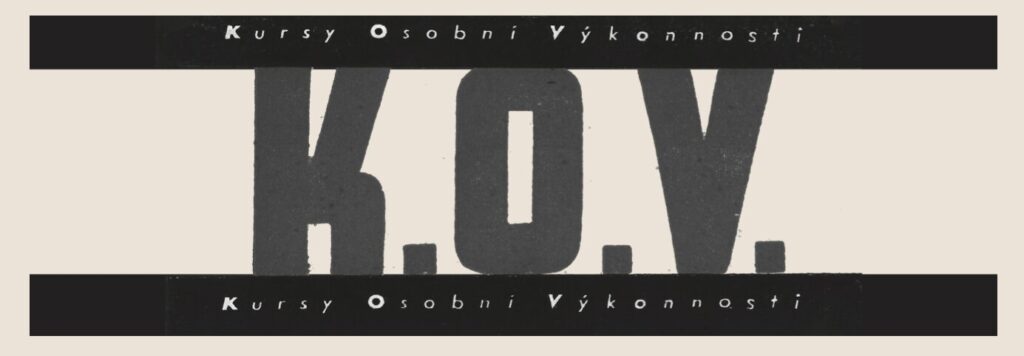
Educate yourselves!
Twice a month, the Baťa company offered lectures by university professors on various topics for its employees. The aim was to raise general awareness of science and modern trends.
(1918)
The most popular language course in 1919?
Esperanto course.
Read!
“Time is the most precious thing we have. Use it to read. Lincoln always had a book with him so that he could make use of every spare moment. Wilson, who worked on the farm as a boy, read in every spare moment. Reading directs our thoughts and leads us to create. Create in your mind, enrich yourself. We all have the same length of day; learn to use it to your advantage”.
Factory and workshop libraries
A library was located in each workshop. The workshop leader was responsible for its content and use.
(1927)
Speaking courses
“Be silent and you will be condemned to silence. Speak with determination and you will silence the talkers”.
Why do you move slowly in life? – Because you’re silent out of convenience. Why are you silent out of convenience? – Because you can’t speak up.
Come in!
Don’t be silent!
Learn to talk!
(1925)
Driving school
The Baťa company offered driving courses, which were very popular. The price of the course was CZK 350 and could be repaid in two instalments. The course lasted three weeks.
(1929)
Financial literacy
“Savings – capital is a wall we can lean on in bad times. Let’s be lenders, not borrowers. Nor is savings anything to one who does not know the value of money”.
Earn, spend wisely, save!
(1932)
Finanční gramotnost
„Úspory – kapitál je zeď, o kterou se můžeme opřít ve špatných časech. Buďme věřiteli, ne dlužníky. Ani úspory nejsou ničím pro toho, kdo nezná cenu peněz.“
Vydělávejte, rozumně vydávejte, ukládejte!
(1932)
School in 2 minutes
At the urging of the citizens of Zlín, the Baťa company investigated whether it is possible for children to travel to school in less than 2 minutes. In places where this was not possible, the company built new school buildings, for example in the Zálešná quarter.
(1929)
Experimental workshops and laboratories
In 1928, the company used a central laboratory, nine workshop laboratories –
of which there were five tanneries, two rubber factories, one engineering and one chemical.
Sport for health
Daily and regular exercise was an integral part of Baťa philosophy of approaching the ideal of the industrial man. Already in the Do New Work brochure, which served to help new employees adapt quickly, the role of sport in a person’s life is emphasised: “Through a strong body, a strong spirit can be achieved”.
The Baťa company offered several sporting opportunities in Zlín – for example: football club | handball | volley-ball club | boxing | heavy athletics | athletics | skiing | hockey | chess club | cycling club | table-tennis | tennis | motor sports | archery | hunting club
“Sport is a means of educating both body and spirit. The joy and desire to train the body brings a new spirit into us – we call it the sporting spirit”.


Spirit or flesh?
“It is necessary to overcome the body. The spirit must be made stronger in order to make the flesh weaker to perform what otherwise seems impossible”.
(1933)
Respect for the body
“Have respect for your own body. A healthy body, cared for with respect, is the first prerequisite for a full life. Let the body be for you a sanctuary for which you ask for the best and highest quality. Take care of your health”.
(1932)
A loss? It’s as important as winning
“Play sports. Losing in sports teaches us to take defeats in other parts of life in a healthy way. When an athlete loses, perhaps he or she shows some regret, but also thinks about how to change tactics, where to strengthen training, and looks forward to the next race to win. He doesn’t give up. In life, do the same. When you lose, train more, change your tactics, but don’t give up”.
(1926)
From the 1940 yearbook
“In the sports stadium you will make your body more resistant. You will gradually gain a benchmark for appreciating your strength and abilities. You will be pleased, because you will find that you have greater possibilities than you thought. Victory in sport will also excite you to noble racing in your day job. You will learn to overcome obstacles in life and work from here on out by welcoming every opportunity to show strength and ability”.
About alcohol
“School builds character, alcohol destroys it. Alcohol education is more important than multiplication tables”.
(1924)
We have six good doctors:
sunshine,
air,
water,
movement,
diet,
rest
“Health is the normal state not only of the body but also of the mind”.
(1927)
Women and sport
“Don’t forget to move! Don’t forget yourself and cultivate your body. Sport gives women confidence and beauty. Don’t do sports superficially – once yes and ten times no. Exercising five minutes a day means more for the body than one strength exercise and then again, enough for a long time. It is damnably difficult to master laziness, but it is not impossible, and why should not women, whose tenacity is often talked about, do it when their own body and beauty are involved?”
(1933)
A few words about winter sports
Look for winter sports. You will certainly accumulate, each of you, a lot of wonderful experiences and memories and you will have something to answer: “when summer asks what you did in winter”.
(1930)
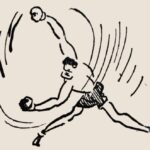
Cultural life
The Baťa company had a great influence on the development of cultural life in Zlín. In order to encourage the cultural life, the Baťa company built three community centres, four large cinemas with 5,500 seats, where the uniform admission fee was 1-3 crowns. Guest performances given by various theatre associations were organised, and employees could also attend concerts and other events. The number of company publications grew and ranged from daily papers to professional monthly magazines.
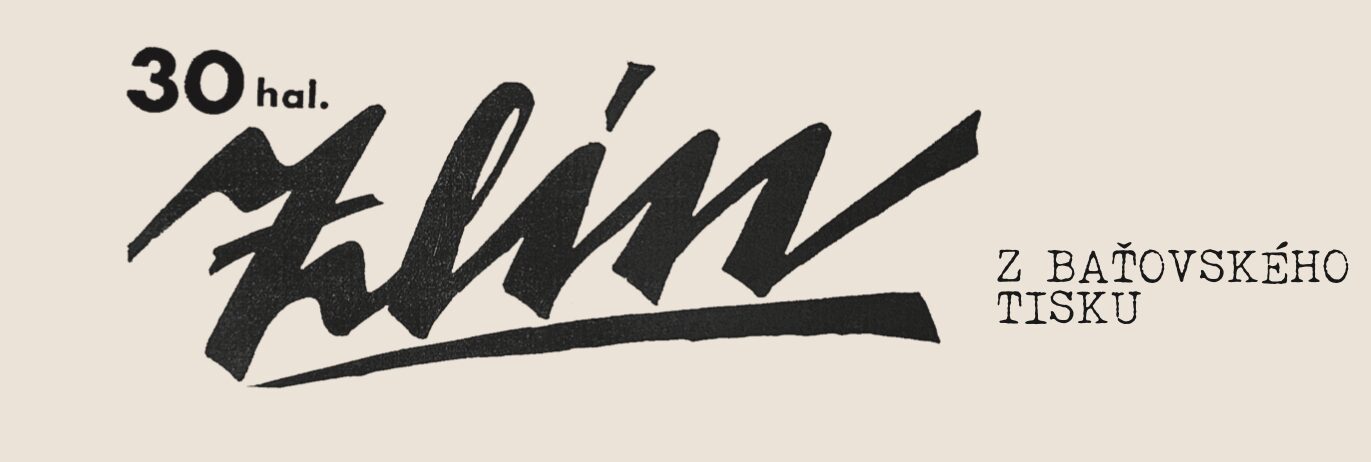
The influence of music
“Singing is good for the body”.
“Music ennobles the soul and softens the heart”.
“Music is the language of the soul”.
(1927)
Learn to play a musical instrument – improve your work performance
“Many of us work mechanically every day, whether we use our hands or our minds for this mechanisation. Few are able to awake also the creative spirit at work. His creative spirit is put to sleep. You can awaken it by playing a musical instrument. Art awakens the creative spirit, which is then better able to express itself in the work itself”.
(1923)
The importance of free time
“Free time is essential for the soul development. The right use of free time is more difficult than the right use of working time, because the soul of man is formed in moments of rest”.
(1932)
No time?
“Do you tend to say you don’t have time to develop yourself?“
Don’t lie to yourself!
“Everyone has 24 hours a day to develop. Don’t waste it by waiting forever for “time” and opportunity. They will never come. They are here today, in this moment”.
(1925)
Have a good time
“Sometimes even the best men and women are overwhelmed by the flood of grief. A young man should say: “I have decided to be reliable. I will make sure that I deserve success and happiness, and hopefully I will get both. I will do my best for the company that pays me. Nay, I shall do more for it, and earn more, and be able to give more”. Then he has the hope of “doing well” throughout his life, and not just for the first few years at the beginning”.
(1933)
Children and nature
“Teach children to love nature. Bring them to the flower and point out its beauty. If you have the opportunity, give them a piece of land in your own garden and let them arrange it as they wish and plant it with flowers of their own cultivation! Nothing brings children closer to nature than work. They will learn to love it, to feel with it, and they will always love to come back to it when they grow up”.
(1933)
Děti a příroda
„Učte děti k lásce k přírodě. Přiveďte je ke květu a upozorněte na jeho krásu. Máte-li možnost, darujte jim kousek země ve vlastní zahrádce a dopřejte jim, aby jej upravily podle svého přání a osázely květinami vlastního pěstění! Nic nesblíží děti tolik s přírodou jako práce. Naučí se ji milovat, cítit s ní a budou se k ní vždycky rády vracet, i když dospějí.“
(1933)
Watch healthy movies, read healthy books
“Healthy books, healthy movies are those that are about growth, progress and overcoming. Books and movies that are full of decline, unhappiness and fear will get you nowhere, they will only plant a seed of fear that will germinate within you”.
(1928)
Trade and advertising
Na počátku 20. let minulého století se stala reklama nepostradatelným nástrojem pro efektivní prodej. Zejména v období krize po první světové válce představovala kvalitní reklama pro mnoho obchodníků jediný nástroj, jak krizi zdárně překonat. Přestože se Tomáš Baťa snažil o využívání reklamních prostředků již od založení firmy, o efektivní reklamě je možné hovořit až mnohem později, kdy díky prodejní akci s názvem „Baťa drtí drahotu“ dokázal překonat krizové období, kdy neměl pro své výrobky odbyt. Během této prodejní akce dokázala firma Baťa prodat během jediného dne až 99 000 párů obuvi.
Základním znakem se pro baťovskou reklamu staly ceny končící číslicí devět a využívání všech komunikačních prostředků, jak dát o svém výrobku vědět.
Co firma Baťa využívala? Plakáty, letáky, brožury, osobní dopisy, inzeráty, novinovou reklamu, vývěsní tabule, efektivní výlo
In the early 1920s, advertising became an indispensable tool for effective selling. Especially during the crisis after the First World War, quality advertising was the only tool for many marketers to successfully overcome the crisis. Although Tomáš Baťa tried to use advertising from the very beginning of his company, it was possible to talk about effective advertising only much later, when thanks to a sales campaign called “Baťa crushes the price tag” he managed to overcome the crisis period when he had no sales for his products. During this sales campaign, Bata managed to sell up to 99,000 pairs of shoes in a single day.
Prices ending with the number nine and the use of all means of communication to make their product known became the basic feature of Baťa advertising.
What did Baťa use? Posters, leaflets, brochures, personal letters, advertisements, newspaper advertising, signboards, effective window displays, but also, for example, aerial advertising. And very quickly the company understood the importance of involving the customer.
hy, ale taky například leteckou reklamu. A velmi rychle pochopila, jak je důležité zapojit i zákazníka.

Confidence in trading
“All deals are made based on customer trust. If you lose the customer’s trust, you have ceased to be a trader. The best way to attract new customers is to build trust with existing customers”.
(1926)
Everyone is our customer
“A good businessman can find access to the president of the bank as well as to the doorman. He must remember, however, that on his way to the manager’s office he must pass by the doorman, and if he had not first gained his favour, he might have had a very difficult journey to the first floor”.
(1929)
All for advertising
Tomáš Baťa was accused of using everything he did for advertising. He replied: “Yes, life would be blissful, if everyone did everything in such a way that it would serve his advertising”.
(1924)
Colour sells
“The colour of an object has a great deal to do with its appearance. Colour sells better than the best salesman”.
(1933)
Involve your customers
Do you know how the name of Baťa shoes called “Tomky” came about? Very simply – in 1929, the Advertising Department announced a competition for naming the plimsoles and the winning proposal was used.
Thoughts on advertising
“The number one rule of good advertising is brevity”.
“Customers are conservative. They remember and don’t come back a second time when they have been deceived, but instead stay if they have been served properly”.
“Nobody reads long ads, just as nobody pays much attention to a crowded shop window. And people still don’t get that in our country, and they cram the shop windows to the point of impossibility”.
(1933)

Exhibition of The Thomas Bata Foundation
Authors: GABRIELA KONČITÍKOVÁ / JAKUB MALOVANÝ /KLÁRA BRANICKÁ
Graphic design: BARBARA PIVEČKOVÁ
Language proofreading: JAROMÍR HORÁK
Graphic collaboration: JANA ŠIVÁKOVÁ
Photos: STÁTNÍ OKRESNÍ ARCHIV ZLÍN
www.nadacetomasebati.cz
© All Rights Reserved.

